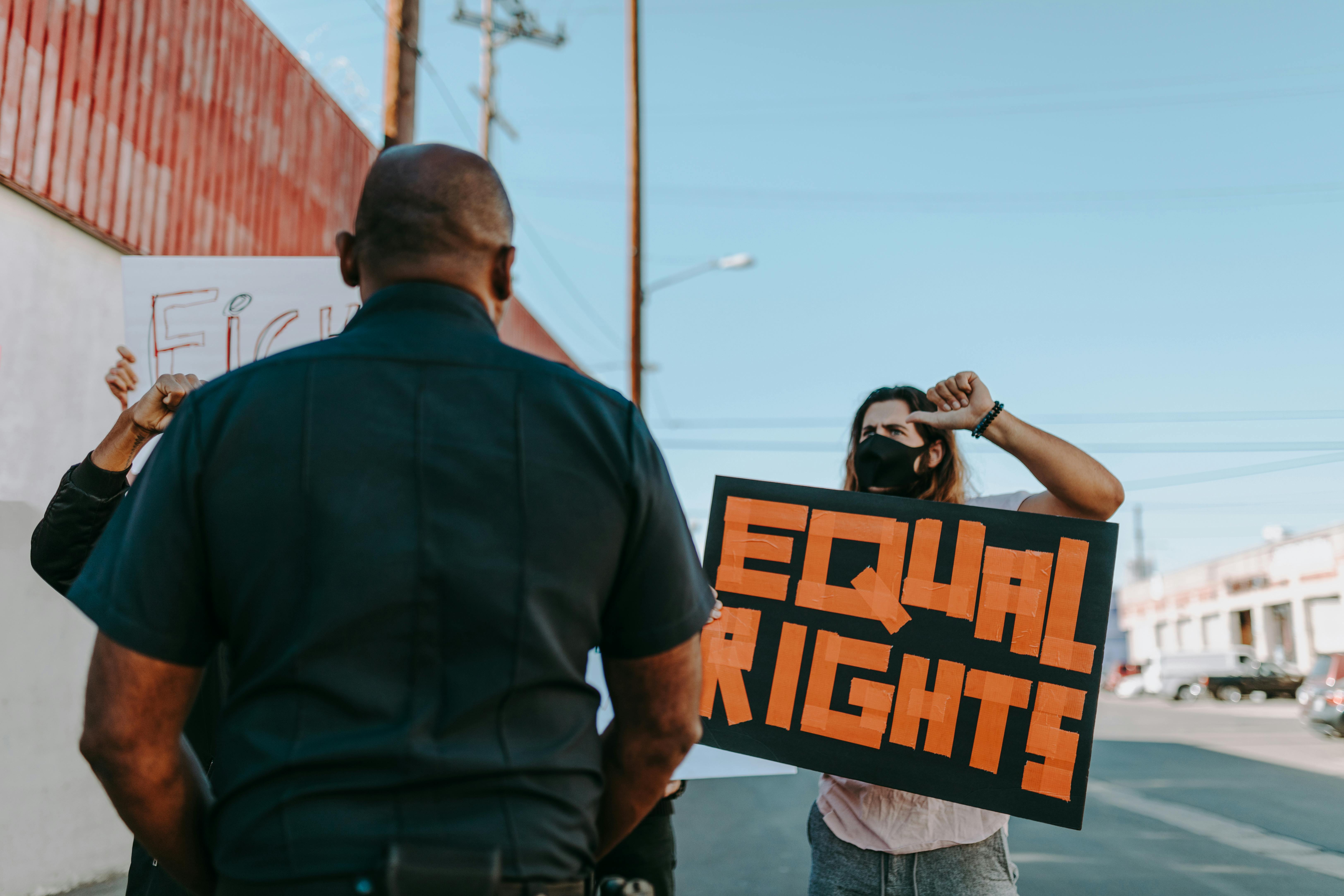Call calendar
In courtrooms across the country, the Prosecutor’s Office uses a system to determine how each of its cases will be handled that day: that system is known as a “Calendar Call.” Although this article contains an overview of the Calendar Call system, it is not intended to provide advice on how one should respond to your individual case. Receiving the advice of a local criminal defense attorney will ensure that your case has the best chance for a good outcome. Additionally, although a defendant has the right to represent himself in court, a better resolution is usually possible by hiring, or being appointed, a criminal attorney to represent the defendant.
One of the scariest and most frustrating things that happens to someone coming to court for the first time is the ‘Calendar Call’. This is the process that occurs at the beginning of the session of that Court, by which each defendant is called and must respond in one of several ways. In District Court, prosecutors rely on what is known as the ‘Calendar’. The Calendar is a list of the names and positions of the Defendant that consists of all the cases that will be heard that day, in that courtroom. This is what the Prosecutor will use to work on all the cases of the day. Before the Prosecutor makes the Calendar Call, Defendants receive instructions explaining that they must respond by hearing their name in one of five ways (this may vary slightly by Jurisdiction):
1. Guilty,
2. Not guilty,
3. Continuity (or sometimes “Movement”),
4. Court appointed attorney, or
5. Private lawyer (sometimes they ask for the name of your lawyer).
Some prosecutors include a short explanation of what these five answers will mean, others do not. Even with explanation, this can be an intimidating experience because Defendants are afraid that they will answer incorrectly and that their case will not be resolved the way they intended. To clarify this process, I have included an explanation of the five responses that are given to Defendants.
Guilty – Although this is admitting responsibility for the crime charged, in most cases it is not necessarily the final disposition of your case. Those who answered “guilty” will be called to the bench. When there, the defendant should speak with the prosecutor to determine if a reduction of the charge is possible. If, when the defendant talks to the prosecutor, the defendant decides not to plead guilty, you only need to tell the prosecutor that you want to change your statement and the prosecutor must allow you that opportunity.
Not guilty – Pleas of not guilty indicate to the Prosecutor that the accused wishes to have a trial for his charges. If this is the defendant’s first court date, the prosecutor will most likely continue with the case to gather more information before trial. In most jurisdictions, the Court will allow multiple deferrals for both the Prosecutor and the Respondent.
Continuity (or movement) – The Court is requested to establish a new hearing date for the case. As explained above, normally each side is given multiple deferrals. Therefore, if this is the defendant’s first court date, the court will likely grant his request for continuation.
Court appointed attorney – It is requested that the court appoint the Respondent his own lawyer. There are three things to understand about requesting a court appointed attorney:
1.Some charges are not serious enough for the Court to appoint a lawyer for the accused (i.e. any crime for which a jail sentence is not possible),
2. Court-appointed attorneys are not free, but if the defendant pleads guilty or is found guilty, he or she will have to reimburse the state for the cost of the attorney.
3. Finally, only those with limited financial means will qualify to receive a court appointed attorney.
The defendant is required to submit an affidavit to the judge indicating what financial resources are available to him. Based on the affidavit, the judge will determine if the defendant qualifies for the court to appoint an attorney. If the defendant is appointed attorney, the case will continue and the defendant will receive their attorney’s contact information.
Lawyer If the defendant has already hired an attorney (or has been assigned one), they will simply respond as “attorney” or the name of their attorney. The reason for this is that, once the Defendant has legal representation, the Prosecutor is prohibited from discussing the case with the Defendant without the presence of his attorney. Therefore, responding with “attorney” advises the Prosecutor that he cannot speak directly to the Respondent. The defendant will have to wait in court until his lawyer resolves the case with the prosecutor.
Although this is a summary of the Calendar Calling System in the District Court. If you are facing court, it is always best to speak with a local attorney who is familiar with the rules of that particular jurisdiction.
